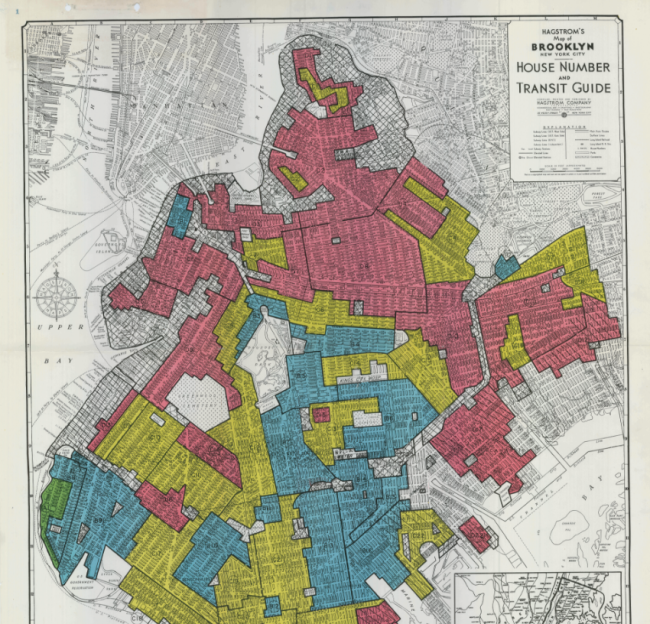Is gentrification on a fast track toward "killing" cities?
Gentrification isn't just a hot-button issue; for many city dwellers feeling pushed out of their homes, it's a deeply personal one that, for some residents can feel devastating and, to a fashion, murderous.
On an episode of WNYC's Brian Lehrer Show last week, Lehrer spoke with Peter Moskowitz, author of How to Kill a City: Gentrification, Inequality, and the Fight for the Neighborhood, who defines gentrification as "the intentional process of turning a city from a place meant to foster community into a place meant to increase profit for developers. So that means that a city or a neighborhood is essentially taken out of the control of the hands of people and that control is placed in the hands of developers and governments that are friendly to developers."
He says that though there are some types of gentrification that happen in a so-called "organic" fashion, as when artists in search of cheaper space descend upon an area, as they did decades ago to many corners of the boroughs, "today in New York City, it never almost develops like that. Developers are almost always at the forefront of development."
Even way back when, he explains how even seemingly-organic patterns of gentrification have been quietly helped along by corporate and political interests. For instance, says Moskowitz, "when people started moving into Park Slope, they were supported by the Brooklyn Gas Company, which renovated a townhouse itself to attract people to the neighborhood. There were also publications that were kind of in cahoots with the city government to promote Park Slope as a neighborhood to be revitalized."
These kinds of efforts, combined with systemic discrimination that's kept many people of color from owning property, have jointly created the extreme gentrification issues seen through American cities today. Lehrer and Moskowitz also field questions from callers who are worried about their status as gentrifiers, and discuss the concept of gentrification as a "ladder," with everyone (even the relatively well-off) getting pushed down a rung.
Listen below for the full interview—it's a helpful reminder that the forces shaping our city don't just happen by accident, and that we do, in fact, have the power to change them. (Bonus: Hear an excerpt of urbanist Jane Jacobs speaking on the topic.)
You Might Also Like





















